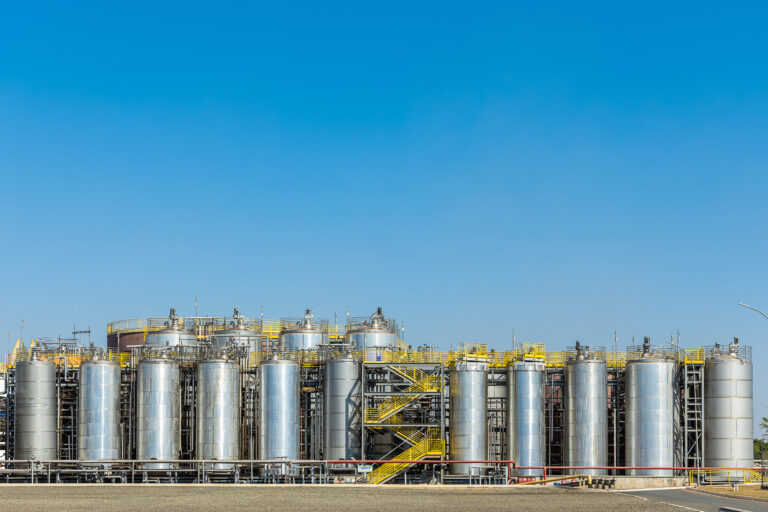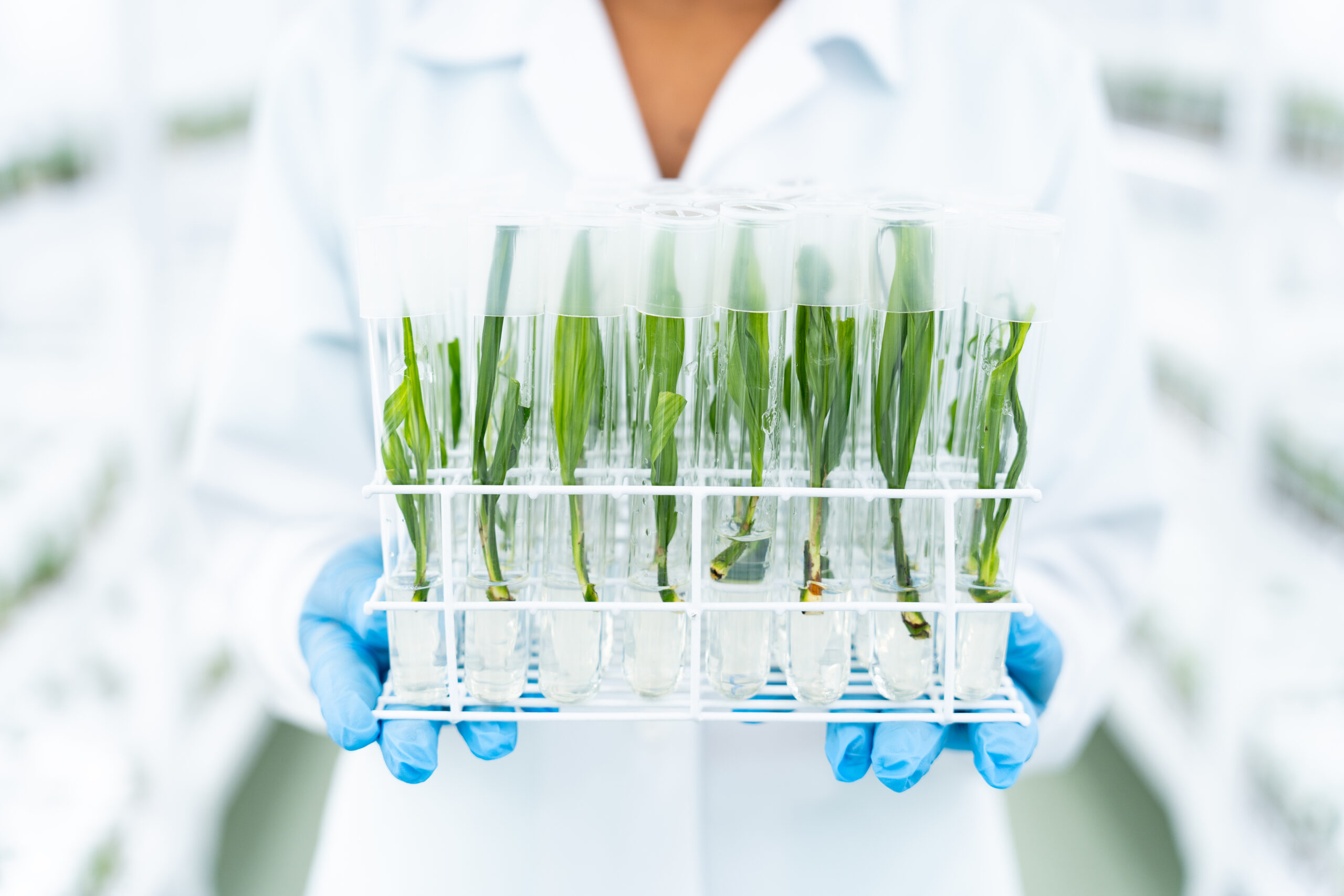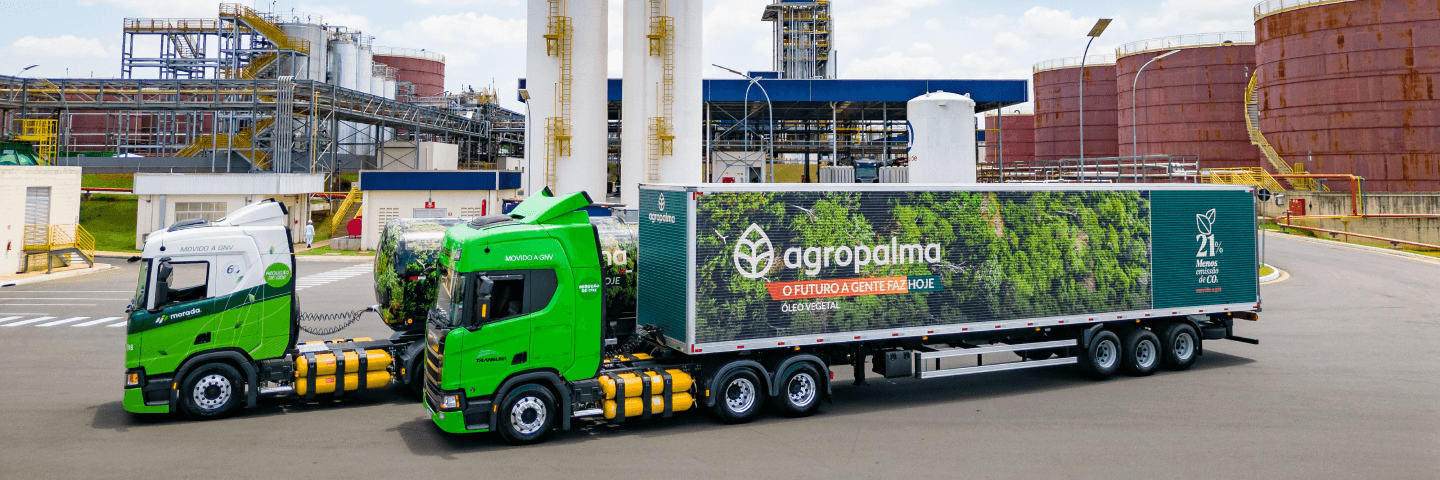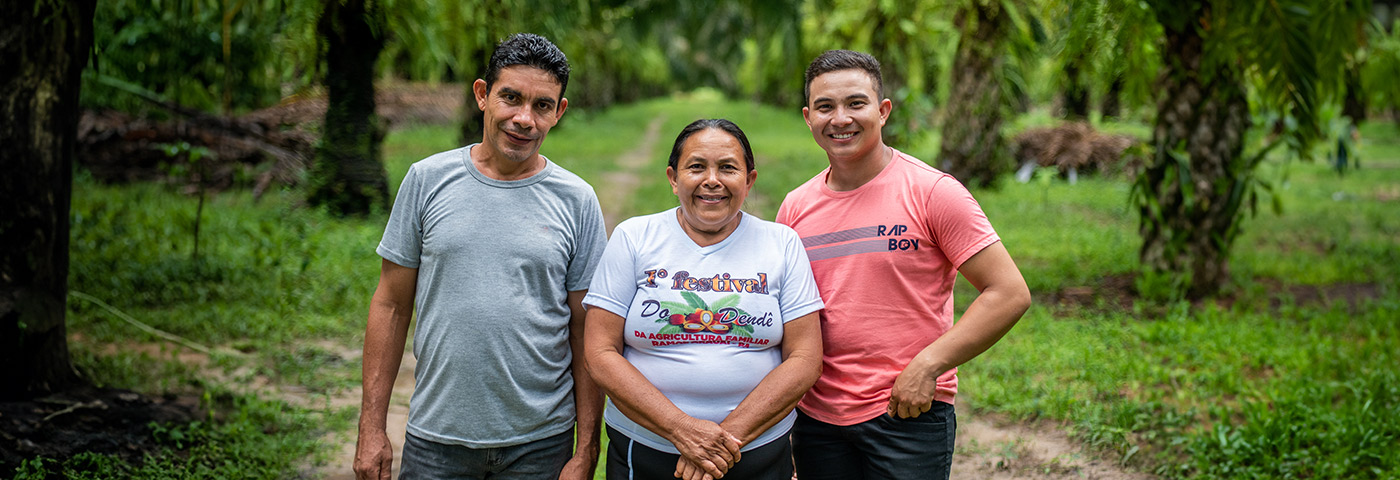Over the last years, climate changes became an ever-increasing concern to society. The increase of greenhouse gas emissions from burning of fossil fuels has contributed to global warming and its negative effects. This scenario increases the importance and urgency of the use of clean energy to face these challenges and ensure a sustainable future.
In line with the trend and objective of addressing the highest environmental standards and committing to sustainability in operations, Agropalma, the largest sustainable palm oil producer of the American continent, will now use biomass-fueled boilers in its refinery industries located in Belém (PA) and Limeira (SP).
When Agropalma commissioned its refinery in inland São Paulo, in 2016, it included natural gas fueled boilers for reduced carbon and pollutant emissions to the atmosphere. After replacing gas for biomass, company gains will be even greater: the release of ashen byproducts will be less aggressive to the environment, particularly when compared to fossil fuels, whereas the production technique shall contribute more positively to the carbon cycle.
In order to further reduce energy consumption, the company built roadways to the Limeira unit with solar-powered lighting. “We have sustainability-related goals and work towards reducing our environmental impact, in addition to our commitment with protecting the environment”, says Edison Delboni, Chief Industrial Officer of the Agropalma’s refineries.
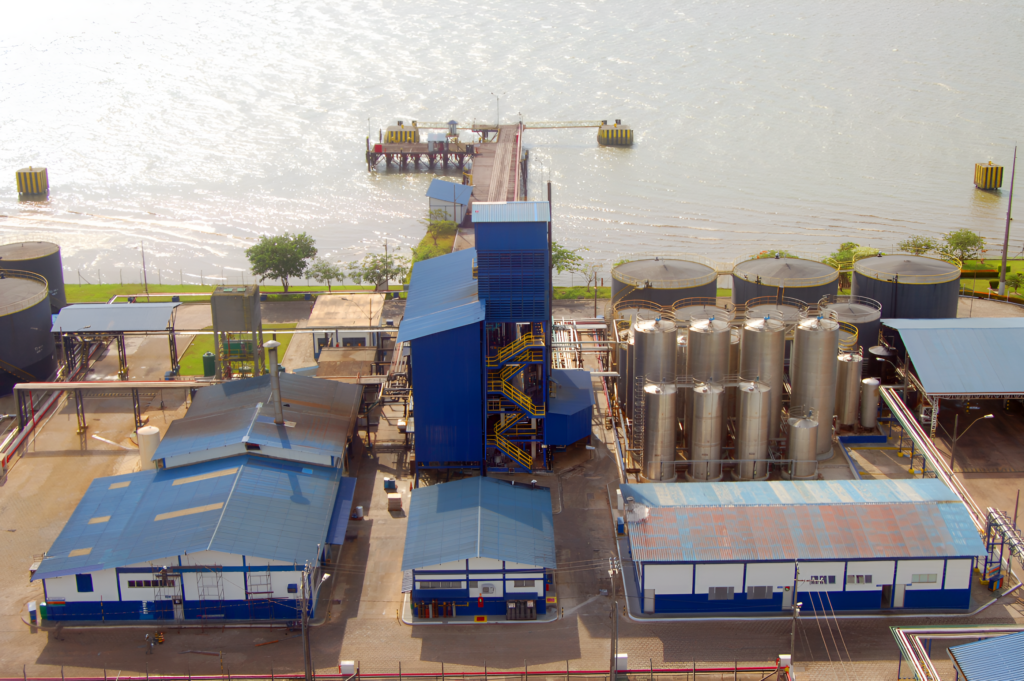
Agropalma’s Refinery in Belém (PA)
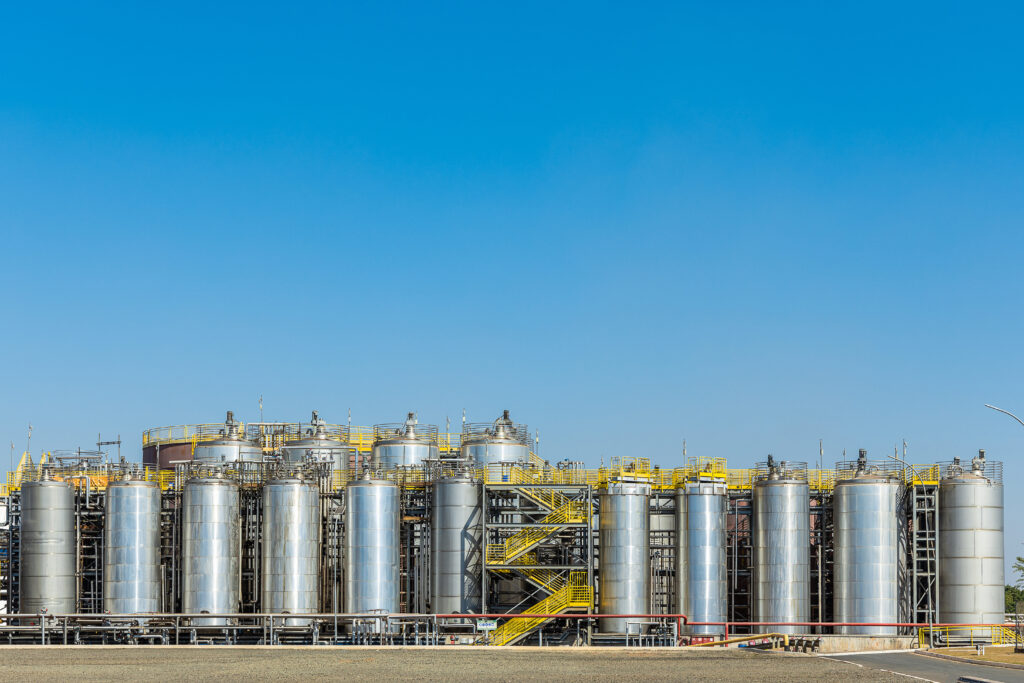
Agropalma’s Refinery in Limeira (SP)
Biomass: up to R$ 10 million in savings
From the end of 2024, according to Delboni, gas-fueled boilers will remain in the refineries only as backup for maintenance situations. “We will operate mainly with biomass as it uses renewable fuels which may be repurposed, and due to higher energy efficiency.”
Delboni estimates that biomass will result in R$ 8 million to R$ 10 million in savings every year in Agropalma operations. According to the company’s Chief Industrial Officer, the biomass boiler will be installed in a separate location from the industry with low operational impact.
Manufacturing of packaged and bulk products
Both Agropalma refineries have equipment with state-of-the-art technology for development of a wide range of customized products with varied specifications. In addition to a very experienced commercial team, the company also has a R&D (Research and Development) technical staff dedicated to understanding customer demands and proposing an ideal option for each need.
Agropalma manufactures bulk products, such as cocoa butter substitutes CBS (also sold in packages), oleins, intermediate palm fractions, interesterified fats, fully hydrogenated palm oil and blends with other vegetable oils – and packaged products, among which are fat for pastry, fillings, fried food, bakery fat, broths and ice creams. “Overall, 70% of our products are delivered in bulk and 30% in boxes and buckets”, informs Delboni.
Operational Expansion and Investment in Innovation
Currently, Agropalma has significantly increased the amount of products for different applications. “We recently invested in equipment for manufacturing of scaled fat, and we are developing the market to work with this kind of product”, Delboni states.
The company also invests in innovation and constant improvements. “We assembled an energy efficiency group fully focused on reduction of electric and thermal energies, representing over 70% of our industry costs”, explains Delboni.
In terms of technology, Agropalma’s Chief Industrial Officer highlights that the company will be implementing the use of artificial intelligence to improve the repeatability of products – or the checking of solid fat content (SFC). “This is a key parameter both for quality control and development of products for the food industry, particularly chocolates, margarines, bakery, fried food and biscuits”, he concludes.
Source: Diário do Pará (05/21/23)
 Back
Back